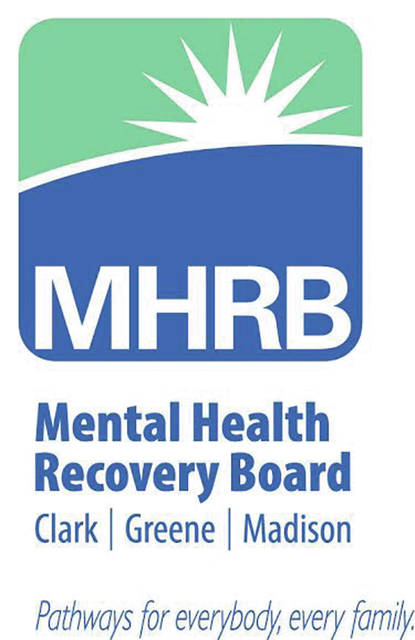
SPRINGFIELD — As the date of last year’s Oregon District shooting nears, Mental Health Recovery Board of Clark, Greene & Madison Counties (MHRB) is encouraging community members to learn the symptoms grief and trauma, and to be proactive in seeking mental health support from local and national resources should they observe any signs of distress in themselves or others.
“When something tragic happens close to home, we all feel the aftershocks immediately and long after. We don’t have to be personally involved during a traumatic event to experience trauma or grief. It’s natural for dates of significant events to revive difficult emotions and feelings stemming from the original event. It’s OK to feel conflicted, scared, even angry — but as a community, we must recognize signs of trauma and learn how to cope in healthy ways,” said Dr. Greta Mayer, CEO of MHRB, in a release.
Persistent fatigue, sleep disorders, nightmares, fear of recurrence, anxiety focused on flashbacks, depression, and avoidance of emotions, sensations, or activities that are associated with the event may all be signs of trauma, according to MHRB officials. Symptoms may show up years after the initial event, severely impacting interpersonal relationships, as well as physical, mental, and emotional health.
Untreated trauma in first responders is a particular concern, especially given high rates of suicide in law enforcement and other front-line occupations. MHRB recently launched the Responder Resilience Program, a dedicated mental health pathway that connects front-line workers with specialized trauma-informed care, to help address this need. People working in front-line occupations can call 937-727-4097 to receive consultation and links to three free counseling sessions. More information about the program can be found at www.mhrb.org/news.
“We encourage everybody and every family to seek care whenever they’re experiencing mental or emotional distress. But, just as we would go to a dentist or specialist if we were having trouble or pain with our teeth, it is best to for anyone who experiences trauma to seek trauma-informed care providers,” Mayer said.
Eye Movement Desensitization and Reprocessing (EMDR) is an evidence-based therapy for trauma and post-traumatic stress disorder, which aims to help individuals heal from detrimental symptoms and emotional distress. MHRB is available to connect those who need it to trauma informed care. Anyone experiencing trauma as a result of the Oregon District shooting is eligible for free, short-term EMDR sessions and can contact MHRB at 937-322-0648 for more information.
Mayer also advises families to talk to their children about grief, as news coverage of the Oregon District shooting anniversary may cause distress or questions.
“Your children may ask questions to try and understand what happened, and they may also begin to become fearful as a result to exposure to the event,” Mayer said. “Every child will react differently. This is all completely normal, but parents can help reassure children by practicing a few principles.”
Mayer recommends that parents start by examining their own feelings and by ensuring that they do not project their own worries or fears onto their children. Parents should limit exposure to recurring news coverage about the event, as some children may retain visual images that can lead to fear or distress. Some exposure to the news will be inevitable and parents should model truth-telling and trust with their children by talking to them directly about difficult subjects.
“Regardless of how a community active shooter event like the Oregon District impacted you then and affects you now, please know that you are not alone and help is available,” said Mayer.
For anyone in Clark, Greene or Madison counties struggling with grief or trauma during this time, the following resources are available. Anyone experiencing an immediate crisis or medical emergency is encouraged to call 9-1-1.
24/7 Crisis Lines
COVID-19 Careline: 1-800-720-9616
Clark County Crisis Line: 937-399-9500
Greene County Crisis Line: 937-376-8701
Madison County Crisis Line: 740-852-6256
National Hotlines
National Suicide Prevention Hotline: 1-800-273-TALK (8255)
SAMHSA National Helpline: 1-800-662-HELP (4357)
Crisis Text Line: Text 4HOPE to 741-741


